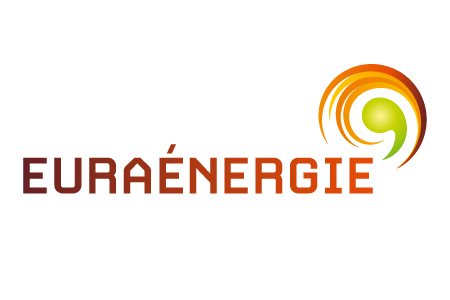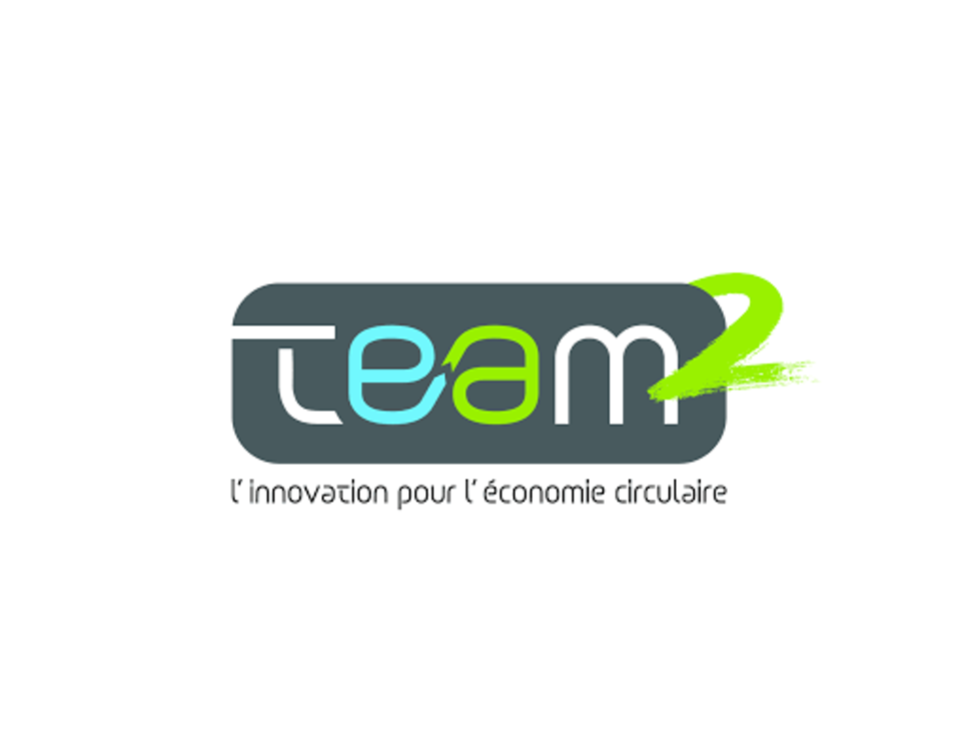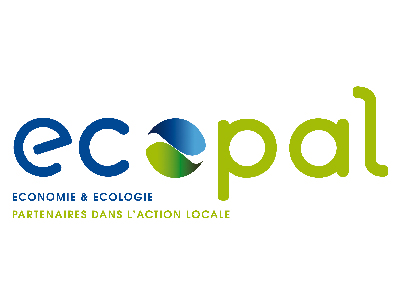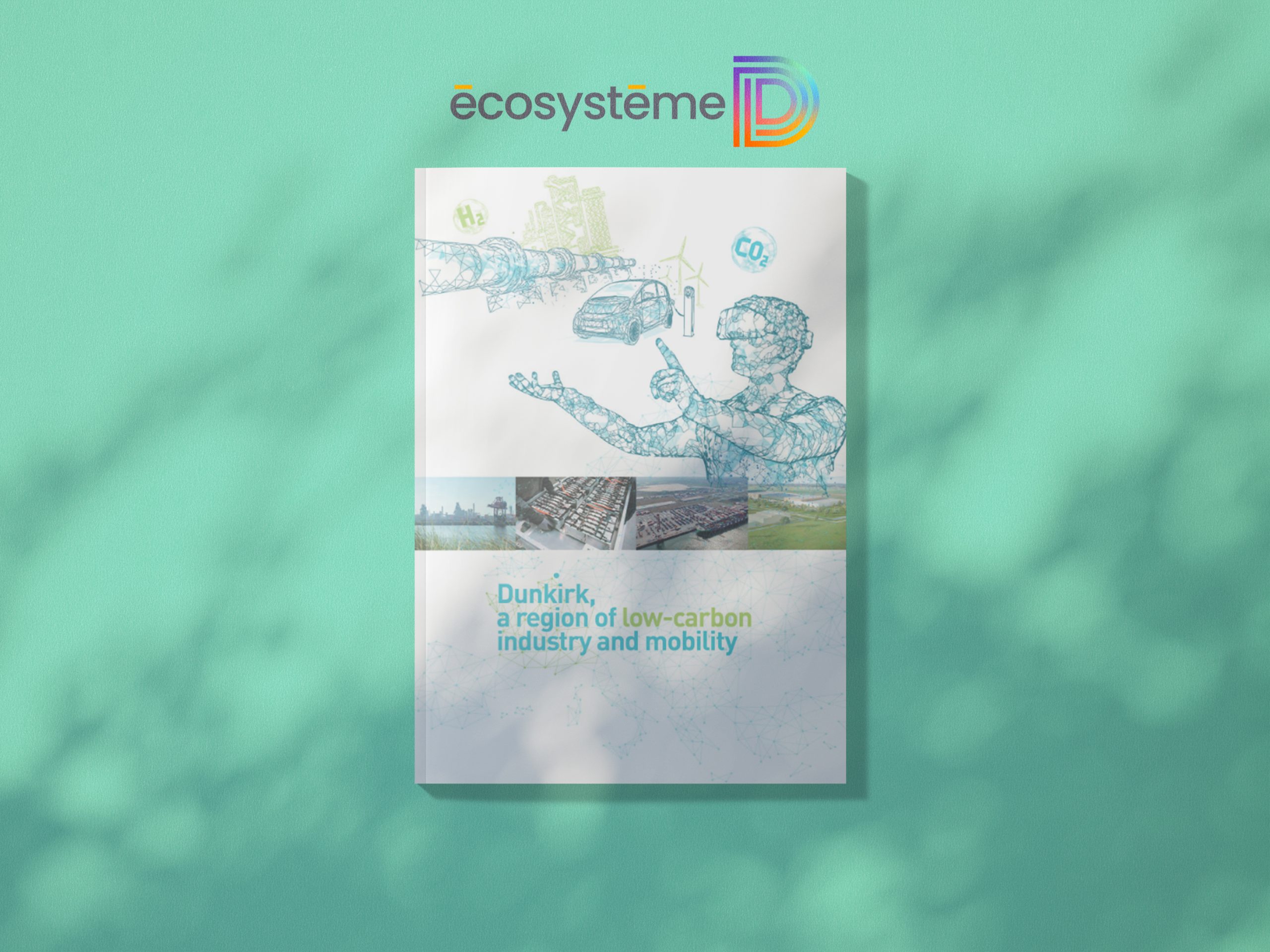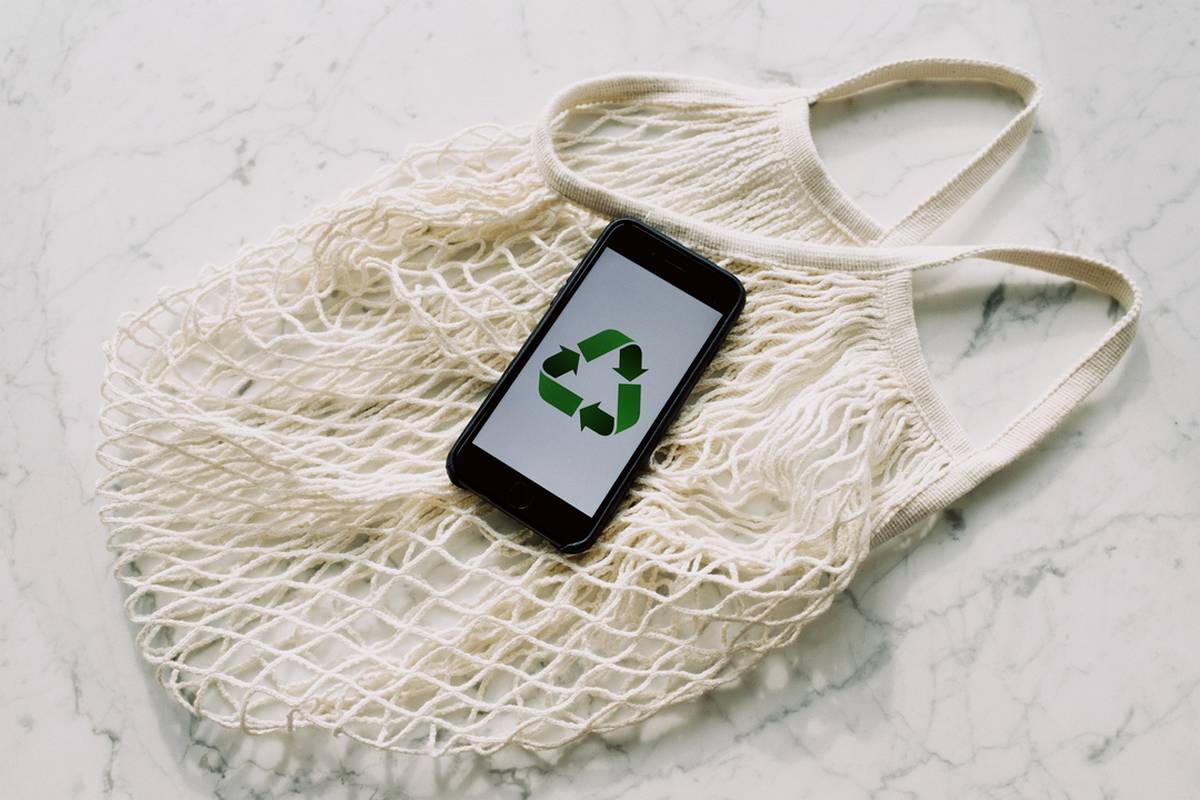
Circular economy
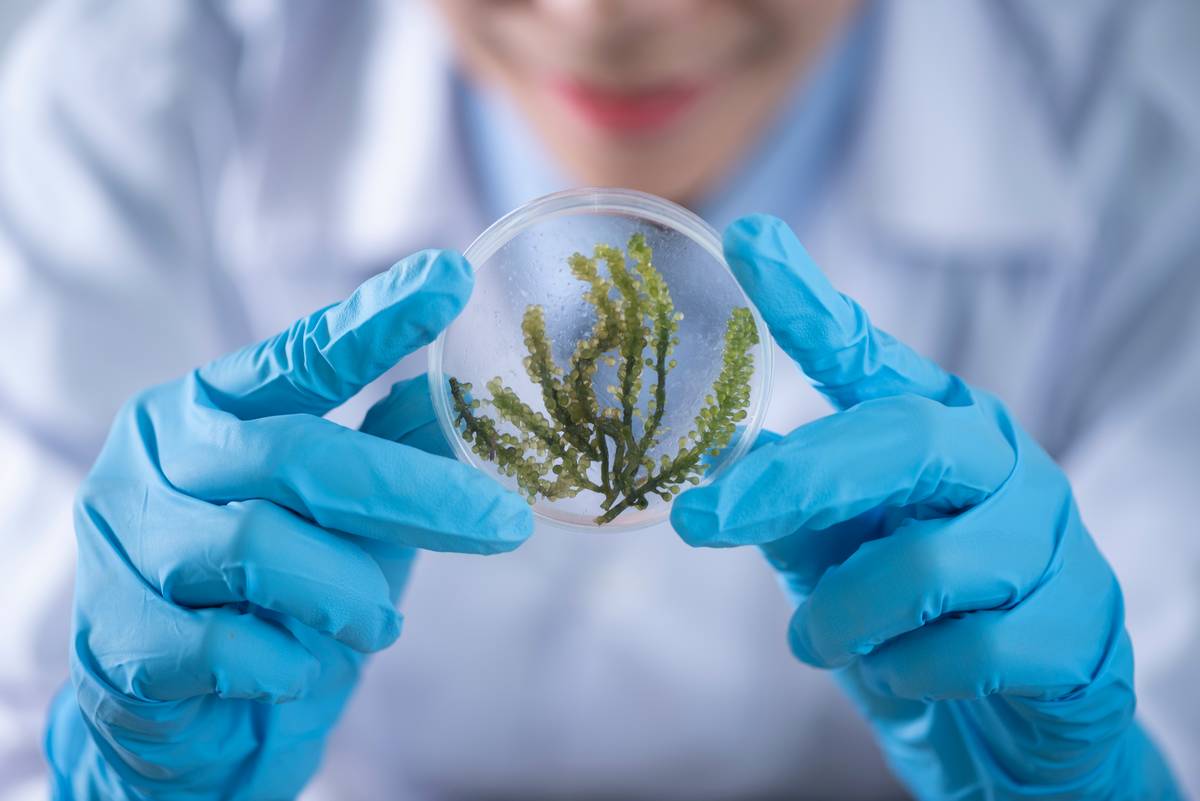
THE CIRCULAR ECONOMY, A VITAL LINK IN THE DECARBONISATION CHAIN
In Dunkirk, the circular economy for waste and energy has been a reality for some years.
Many companies have come together to make Dunkirk a lab for innovative solutions in the field of the circular economy by building unprecedented synergies between them. These lasting partnerships are assets and opportunities for any company seeking solutions to decarbonise its business activities or processes. It’s also a source of competitiveness.
Here are just a few examples:
- Ecocem recovers slag from ArcelorMittal.
- Aquanord and Dunkerque LNG benefit from the water from the nuclear plant.
- The urban heat network provides heating for more than 16,000 homes or public buildings using the calories from local industries.
- The DK6 combined cycle power plant recovers the blast furnace and coke oven gases.
The Dunkirk territory was the first to have its own TOILE INDUSTRIELLE® (industrial decision-making tool).
length of the Dunkirk heat network powered by local industries
territory to have its own Toile Industrielle®
homes are heated by the calories from local industries through the heat network
million tonnes of CO2 emissions are recovered in the territory

TOILES® OR DECISION-MAKING TOOLS TO HELP RETHINK THE ECONOMY
Toile énergétique ®
The Toile énergétique ® (energy decision-making tool) is a device available to all stakeholders in the energy transition. It schematically represents the ecosystem of the Flanders-Dunkirk area and helps to identify opportunities to be seized to develop the circular economy in the local area by providing a comprehensive overview of the co-products, energies and utilities to be recovered.
Toile agricole et agroalimentaire ®
The Toile agricole et agroalimentaire ® (agriculture and agri-food decision-making tool) is a representation of the Flanders-Dunkirk territory’s agricultural ecosystem. This decision-making tool has been designed as a device to help determine certain matters. It reveals, for example, the opportunities for recycling agricultural waste into biomethane and encourages setting up short-circuits.
Industrial water network
Since the 1970s, an industrial heat network different to the drinking water network was created to power the industries in the Dunkirk economic basin. They deal with non-drinking surface water volumes. Less costly than drinking water, industrial water is a highly valued resource for industrial activities requiring large volumes of water and the Dunkirk area is one of the very few territories to provide this service in France. Protecting water resources is a burning issue for the coming decades: Syndicat Eau du Dunkerquois water utility company and its partners Greater Dunkirk Urban Council (CUD) and the Grand Port Maritime of Dunkirk (GPMD) are studying the synergies to be put in place to develop the circular water economy.
Heat network
Dunkirk has had a system that recovers the waste heat produced by the ArcelorMittal site since 1986. More than 68 km long, it powers buildings and facilities in the community and enables us to avoid 27,000 tonnes of CO2 per year. Plans are underway to further expand this network.
Furthermore, a flax shive-powered heat network in the Hauts de Flandre Greater District Council (CCHF) heats the hydrotherapy centre Linéo.
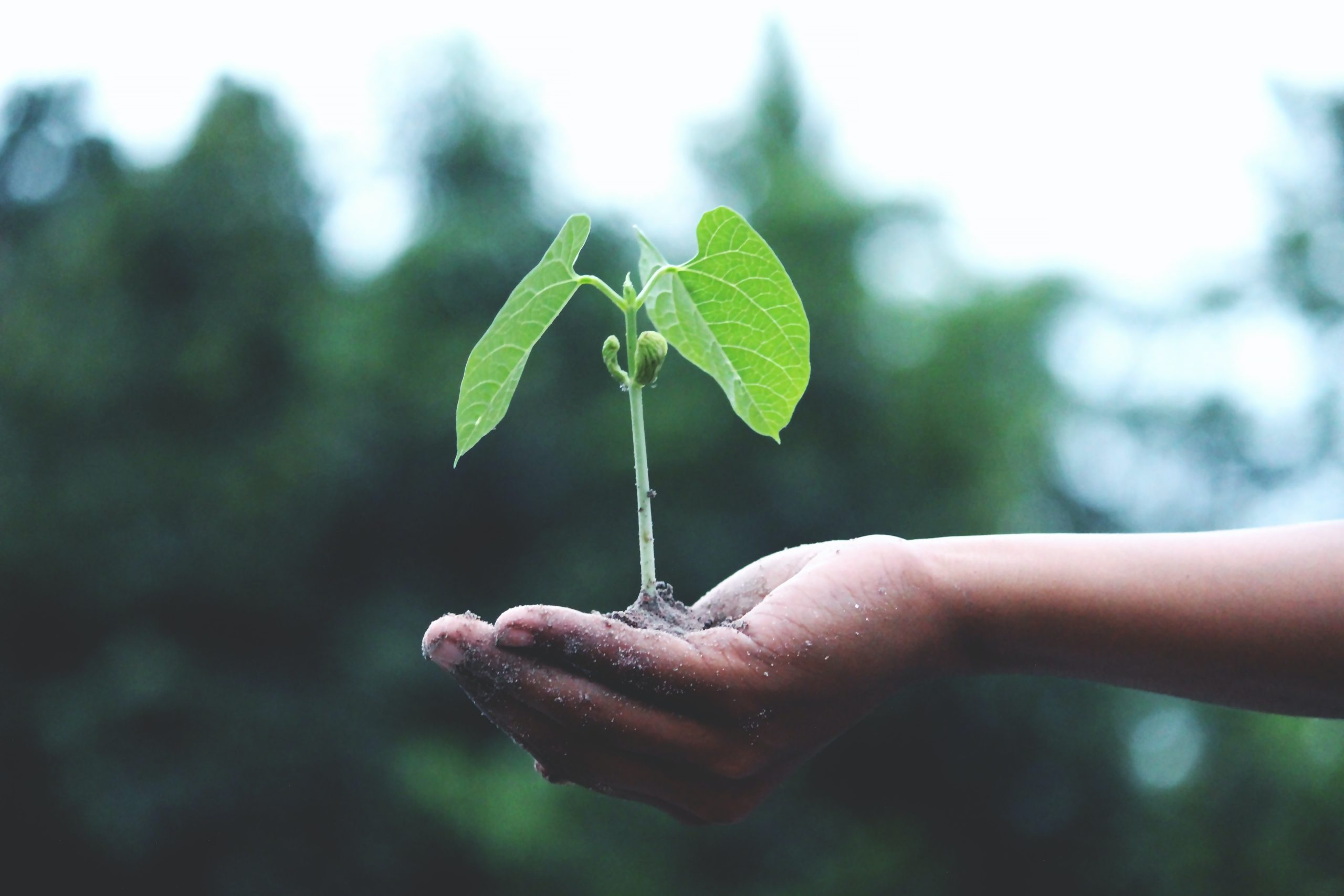
AN INCUBATOR SPECIFICALLY FOR BATTERY INDUSTRY PROFESSIONALS
Now that Verkor has announced its opening, the territory’s low carbon mobility sector should develop at high speed. A whole ecosystem should take shape near this gigafactory, representing the upstream and downstream battery production sector.
Located just 30 minutes from Dunkirk, the AFPA training centre in Hazebrouck, has launched an electric battery repair and recycling course and is thus preparing the future workforce required by the sector’s companies, in partnership with numerous industrialists such as Snam, Euro Dieuze Industrie and Renault.

